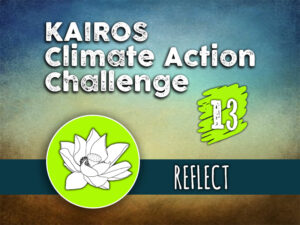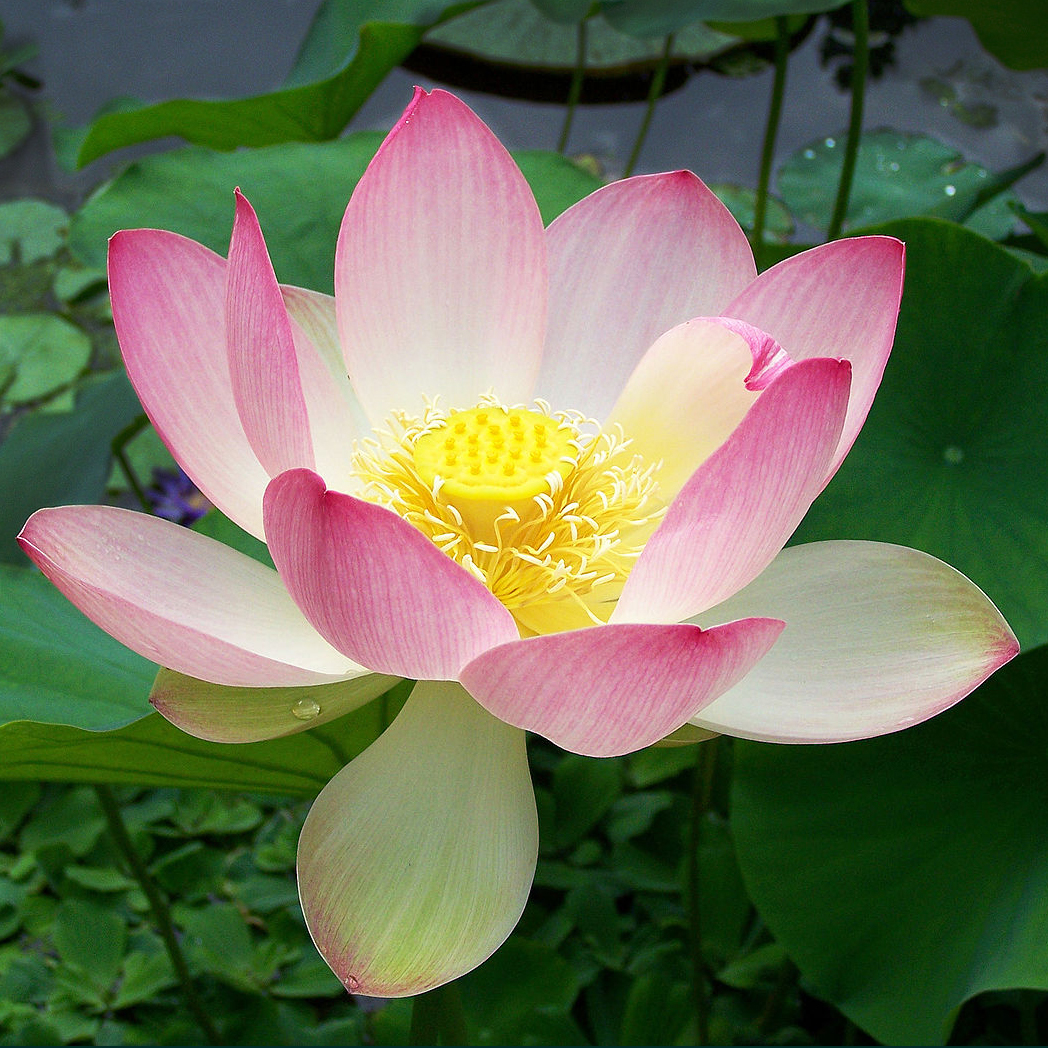Introduction to Indigenous rights week

This week, Climate Action Month explores a critical pillar of climate justice: Indigenous rights. Honouring Indigenous rights means upholding Indigenous peoples’ title and sovereignty and the rights to self-determination and free, prior, and informed consent. We’ll explore how these rights intersect with climate justice and how the violation of these rights has made Indigenous communities more vulnerable to environmental impacts. We’ll showcase the leadership and resilience of Indigenous women land defenders and water protectors who are taking action to protect their communities at great personal risk and explore how Indigenous worldview and ancestral knowledge shapes their experiences.
Climate justice calls for decolonization. Our response to climate change needs to uphold Indigenous knowledge systems alongside western science. Understanding Indigenous peoples’ relationship with the water and the land is fundamental to rebuilding human-to-human relationships and human-to-earth relationships.
Over the next week, we’ll explore these ideas through the UN Declaration on the Rights of Indigenous Peoples, environmental racism, seed sovereignty and the impacts of climate change on Indigenous communities. On Tuesday, we’ll hear from women land defenders Ivonne Yanez and Mirian Cisneros about Indigenous land defense and climate justice in Ecuador.
The resources this week will be sources for deeper learning and reflection on Indigenous rights and environmental racism. We’ll share tools and resources for unlearning and practicing decolonization with ourselves, within our communities and with the state.
TODAY’S RESOURCE
This year, KAIROS and the Legacy of Hope Foundation partnered to release a new educational experience through the activity booklet, Ravens: Messengers of Change, and the social media engagement campaign, #RavensMessengersofChange. We call on all Canadians to consider their relationships with Indigenous peoples in their communities, and how the past and present continue to shape the land on which you reside.
Take time to consider how Indigenous families disproportionately face the consequences of environmental racism in your region. Find out how you and your family can become Ravens: Messengers of Change. Download the activity booklet today.
TODAY’S ACTION
For the second Sunday of Climate Action Month, our action is to simply reflect. Set aside 15-30 minutes today and get into a reflective headspace. You can guide your own reflection, use a devotion of your choosing or read this reflection, Choosing Life in the Context of Climate Change, by Zoë Tobin Peterson (Wild Lectionary, 2019)
Reflection helps us develop critical thinking skills, open our heart and minds to new ways of thinking, and draw deeper connections – all things that will strengthen our work for climate justice, racial justice and reconciliation.
 |
Today’s flower on the |
